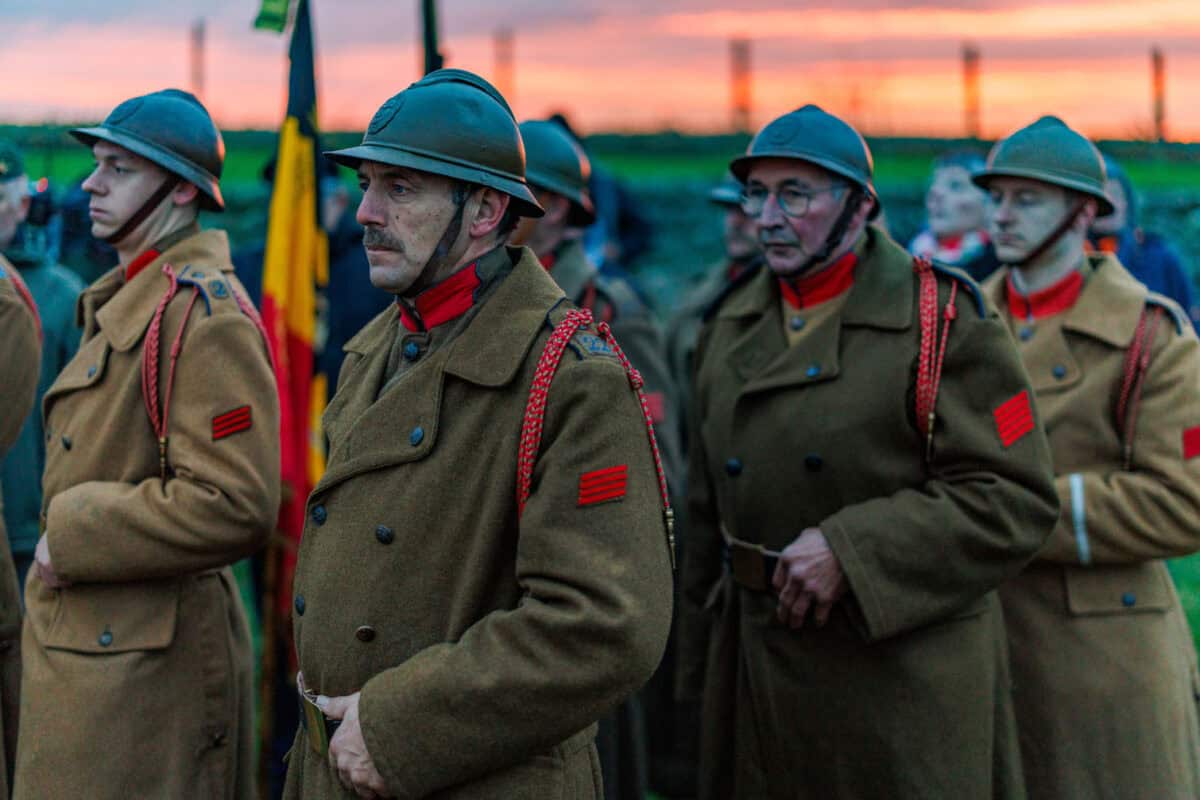
At 11am, on 11 November, 1918, the guns fell silent on the Western Front that bisected Europe through Belgium down past France to Switzerland.
The carnage had been unimaginable.
Legend has it that the fatality lists from the Battle of the Somme were so long that they were like the annual matric results supplements in newspapers – every day.
On the first day, the British alone suffered 57 470 casualties. By the end this number would have risen to 470 000.
Britain lost 886 000 soldiers in WWI. The death toll for the rest of the world is estimated at between 15 and 22 million people.
ALSO READ: EFF reopen statues debate, opponents suggest focusing on the future
It was supposed to be the war to end all wars, but the next one started 20 years later and killed between 70 to 85 million people.
A lot of what we take for granted today; from the United Nations to the International Court of Justice and the Security Council, was set up in the aftermath to try to create a fairer world.
It is easy to point out their failings.
It is easy to see the red poppy which sprang up like millions of bullet wounds all over Flanders after the war as a bit of a historical anomaly when it is used today as metonym for military veterans and sacrifice, especially for South Africans who have their own crosses to bear when it comes to iniquity and cruelty, whether wrought against them by colonial powers centuries before WWI, or their neighbours as far back as yesterday.
Those who forget history are doomed to repeat it. South Africa played a major role in trying to combat global oppression – ironically while oppressing its own people – including helping the UN.
ALSO READ: Historical building in Durban North faces ruin
Even the worldwide Remembrance Day commemoration has a South African flavour, the two-minute silence was suggested by Percy Fitzpatrick, after Cape Town’s example during WWI.
The Royal British Legion, which looks after UK veterans’ interests and is the custodian of the red poppy, was conceived at the same moment as the South African Legion in Cape Town in 1921.
We all live with the consequences of what happened 107 years ago, especially in an increasingly toxic and polarised world.
We dare not forget because the price of wilful ignorance is more than anyone can afford.
Let’s not squander the todays we now enjoy because they were paid for by other people’s tomorrows.
NOW READ: Wiseman Mncube on portraying King Zwide kaLanga in season 2 of Shaka iLembe


